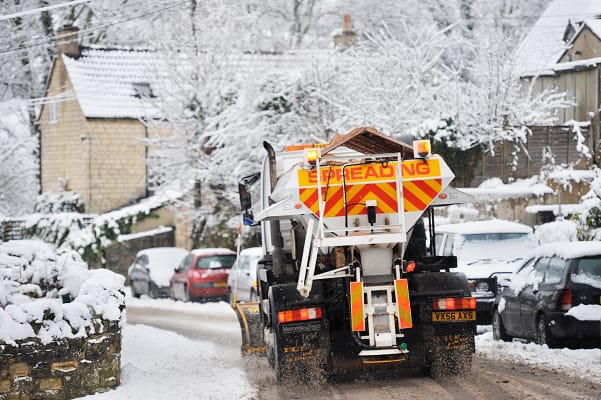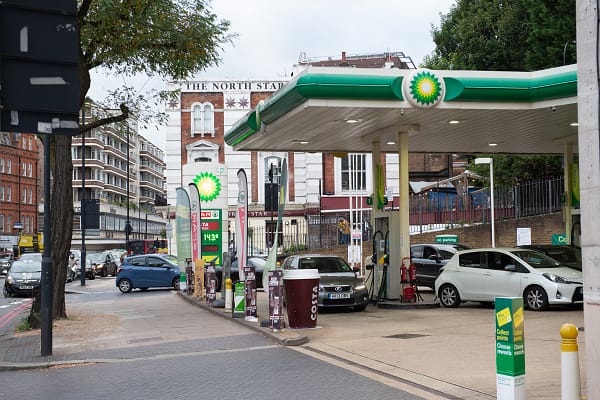In the wake of the announcement that Beales Department stores have gone into administration, placing more than 1000 jobs at risk, it’s no surprise that 61% of Brits are worried that the high street will disappear completely over the next ten years, according to research by KIS Finance.
From surveying 1,000 consumers in the UK, KIS unearthed some interesting findings included that 61% of Brits are worried the high street will disappear completely in the next ten years due to the ever increasing number of big-name store closures.
The survey found that fashion, food, beverage and value brands are predicted to be the biggest victims of the high street due to online competition.
Consumers want convenience, this is a key factor that affects our shopping habits. If local high streets had free parking and easy accessibility, consumers would be more likely to shop in-store.
The worst hit has been northern cities and Scotland by store closures so far, but people anticipate many more to come.
Certainly here in the UK our love of online shopping appears to be one of the key factors affecting the future of the high street.
82% of us now shop on-line, up from just 53% 10-years ago. The UK is also the country with the highest percentage of ecommerce sales, compared to our European neighbours who still seem to prefer the in-shop experience. Here our love of on-line shopping means that in 2019 over 18% of retail sales were on line, rising to over 21% in December (according to the Office of National Statistics).
So, what does this mean for shoppers and retailers?
KIS Finance investigated retail outlet closures across the UK and surveyed Brits to find out how they feel about the way their local high streets are changing. With the help of expert insight from James Child, retail analyst at Estate Gazette, we’ve explored what is happening to the high street today, and what impact this will have on its future.
Is it only a matter of time before the high street becomes a ghost town? Or will something new rise from the ashes? Read on to find out what’s in store for your local high street.
Last year Britain saw over 2800 store closures in the first half of the year alone. According to Retail Gazette, over 140,000 jobs were lost and we said goodbye to stores from some of the country’s top retailers, including House of Fraser, Toys R Us, Next, Marks & Spencer, Debenhams, and many more.
Only 15 out of the 96 sectors showed net growth in store numbers, with the biggest declines felt in fashion, restaurants, estate agents and pubs.
Large retailers have been particularly hard hit with those operating 10 stores or more closing over 5800 branches between 1 January and 30 September last year, a 77% increase on the previous year.
By partnering with James Child, Retail Analyst at EG, it is clear to see these changes are having an impact on stores.
Child said, “Some of the country’s best-loved brands have been forced to consolidate space or shut entirely. Mothercare, Toys R Us, Maplin, Next, Marks & Spencer, House of Fraser and Debenhams (amongst many others) have all fallen victim to the changing consumer trends that have churned the landscape of British high streets.
“In the retail sector online spend is almost breaching 20%, with 1-in-every-5 pounds spent coming through internet sales, which has effected the true value of physical retail stores.
“It is quite likely that there will be a continuation, if not an increase of the negative headlines in retail. The raft of CVA’s and administrations in the sector has culminated in an expected 1,600 store closures across the UK, with over 18 million square foot of prime retail real estate vacated.
“Food and beverage, value and fashion brands will come under more strain as over stretched markets begin to weed out weaker offers as retail Darwinism bites.”
Holly Andrews, Managing Director at KIS Finance said, “With store closures flooding our newsfeeds recently, we were interested to find out what the future holds for the high street and how consumers’ shopping habits might affect retailers’ footfall. It is obvious from our research that people do still like going into store to shop, but it just isn’t as accessible as online shopping is.
“To save the high street many retailers need to ensure that they are thinking innovatively about how to draw customers in with clearer in-store stock checks, more staff and extended hours during busy periods.
“The reason why so many retailers are struggling with their stores is because consumer shopping habits are changing and the high street needs to change with it, creating a more community led atmosphere with more accessibility and variety for everyone.”






Leave a Comment